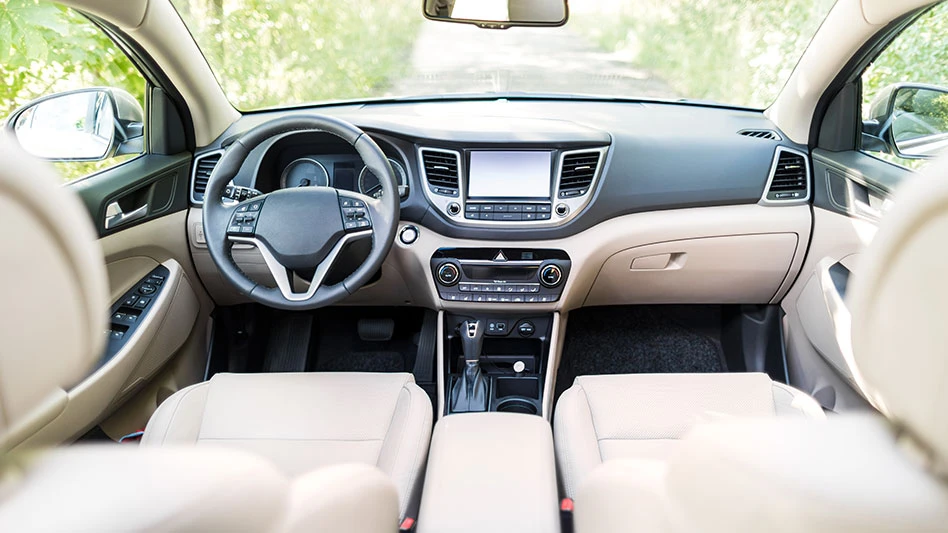
REDPIXEL | stock.adobe.com
EuRIC is calling for recycled-content targets for plastics in vehicles as discussions on the End-of-Life Vehicles Regulation (ELVR) continues, saying such targets are vital to ensure automotive circularity, drive investments and preserve the EU plastics recycling industry, which is facing extremely harsh conditions.
The organization says 80 percent of ELV plastics either are landfilled or incinerated, according to Plastics Europe data from 2022. Mandatory recycled-content targets are essential to bridge vehicle design with their end-of-life treatment, stimulate demand for circular and low-carbon materials and prevent material losses that jeopardize Europe’s green and clean industrial transition.
EuRIC says plastic recyclers are struggling to remain viable given low demand and prices for their materials. Setting ambitious targets for recycled plastics in vehicles would boost demand and re-incentivize investments in the EU plastic recycling sector.
As highlighted by the European Commission’s Joint Research Center (JRC), recycled content targets of 25 percent, of which a quarter are closed-loop, would provide the best-cost-benefit balance, avoid excessive costs and supply shortages and offer certainty for manufacturing planning, with some manufacturers already exceeding the proposed targets. Moreover, these recycled-content targets are a precondition for reaching the 30 percent plastic recycling target as per the ELVR, EuRIC says. In the absence of a robust mechanism to reward the use of recycled plastics in automotive manufacturing, demand for recyclates will remain low and achieving the 30 percent recycling rate for ELV plastics will not be possible.
EuRIC says it is urging that regulators avoid reducing targets or revising clauses that could undermine predictability and harm investments. The organization also calls for ensuring a level playing field on recycled content through the use of robust certification covering environmental, human health and social aspects, ensuring fair competition in recycling markets. Recycled-content targets should specifically address the end-of-life treatment of plastics and only be met using postconsumer plastic.
EuRIC is calling on the EU legislator to ensure:
- investment stability for European plastic recyclers by rejecting any attempts to reduce, postpone, revise or otherwise water down minimum targets;
- direct results on circularity in vehicles by bringing forward the minimum 25 percent-recycled plastics target, including the 25 percent-closed-loop target to four years after the regulation’s entry into force; and
- Fair competition through robust certification of recycled content regarding environmental, human health and social aspects, especially in the face of international competition.
Latest from Recycling Today
- European project yields recycled-content ABS
- ICM to host co-located events in Shanghai
- Astera runs into NIMBY concerns in Colorado
- ReMA opposes European efforts seeking export restrictions for recyclables
- Fresh Perspective: Raj Bagaria
- Saica announces plans for second US site
- Update: Novelis produces first aluminum coil made fully from recycled end-of-life automotive scrap
- Aimplas doubles online course offerings





